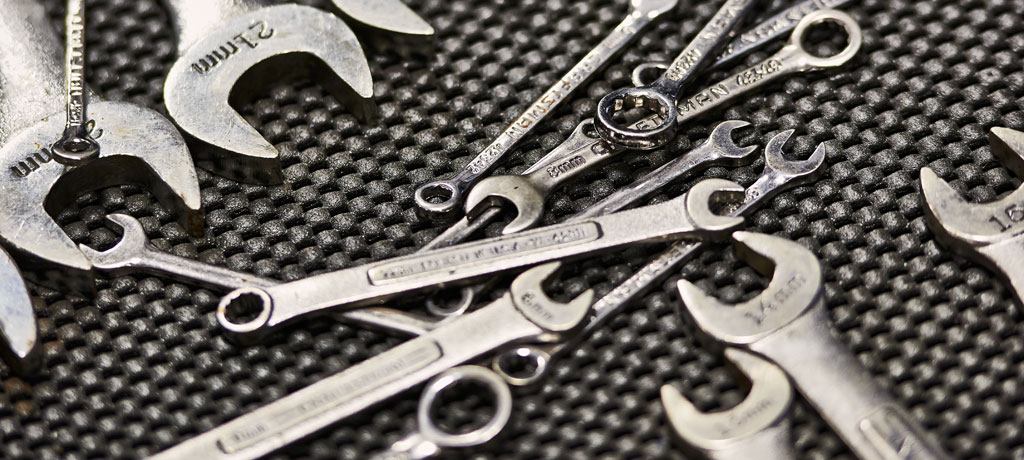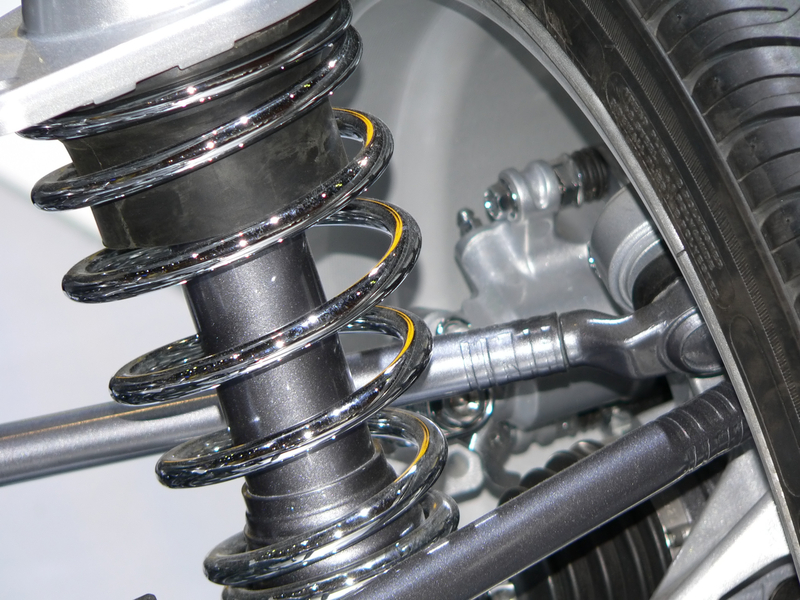You have precious cargo on board when driving with a baby, and it’s important to do anything and everything you can to mitigate risk and keep the baby safe. One of the best ways to safeguard your young passengers is to install child safety seats. Buying one is the first step, but the second and most important step is to ensure that the car seat is installed properly —which can be more difficult than you might think.
Deciding on the Right Infant Car Seat
When purchasing the car seat, you’ll need to make sure you’re buying the right one for both the child and your vehicle. Not all seats fit properly in all vehicles, so it is important to do a little research before buying a product. Also make sure you understand the two main categories of safety seats: Rear-facing car seats are required for all children up to age 12 months, while convertible car seats can be modified for use as a child grows. Once you procure a suitable safety seat, the very first thing you should do is read the instruction manual to get a good sense of how it is supposed to be installed and how it functions. If you find the manual to be unclear, note that there are inspection stations throughout the country where an expert can help you ensure your seat is installed correctly. Visiting one of these stations may be well worth your time and effort.
General Tips for Correctly Installing Infant Safety Seats
Installation techniques will be specific to your particular car seat, but here are a few general guidelines to keep in mind:
- Place the infant safety seat in the back seat. They never go up front.
- Tightness is key. Check the seatbelt straps/tethers for tightness, ensuring that you cannot move any strap, harness or the seat itself more than an inch. If you can, it’s not tight enough!
- As you check for tightness, also check for straightness. You should not see any twists or crimps in the seat belt straps.
- Ensure that your car seat is at the proper recline angle. Most car seats now come with adjustors, or levels, that you can use to ensure the right angle.
- If you use a car seat with a separate base, make sure the carrier handle is well out of the way when the seat is attached. Consult the instruction manual for more information about this.
- Keep your infant in a rear-facing seat until the child surpasses the seat’s recommended height and weight marks. These should be clearly noted in the manual.
Don’t take any chances with the safety of children in your vehicle. You can always get the seat inspected if you have any questions about it—and make sure to keep your car in good working order as well to ensure it’s as safe as possible!






